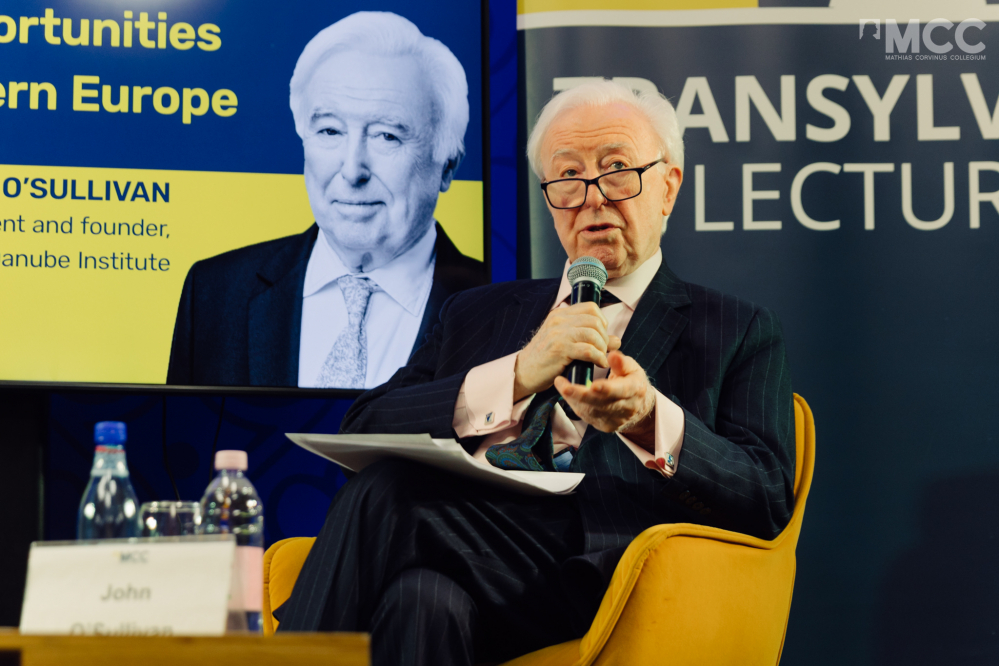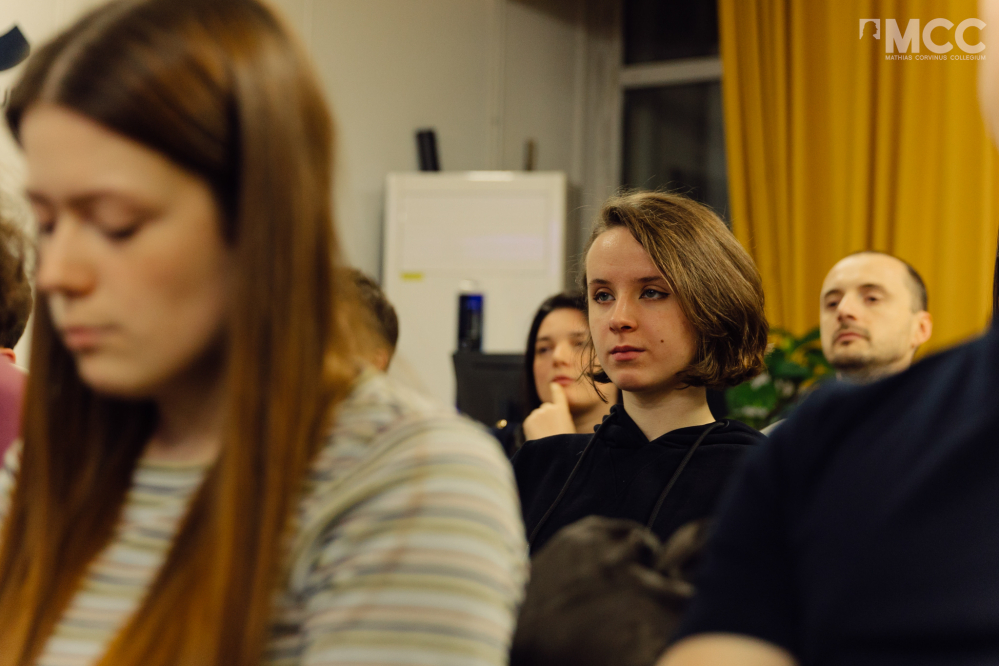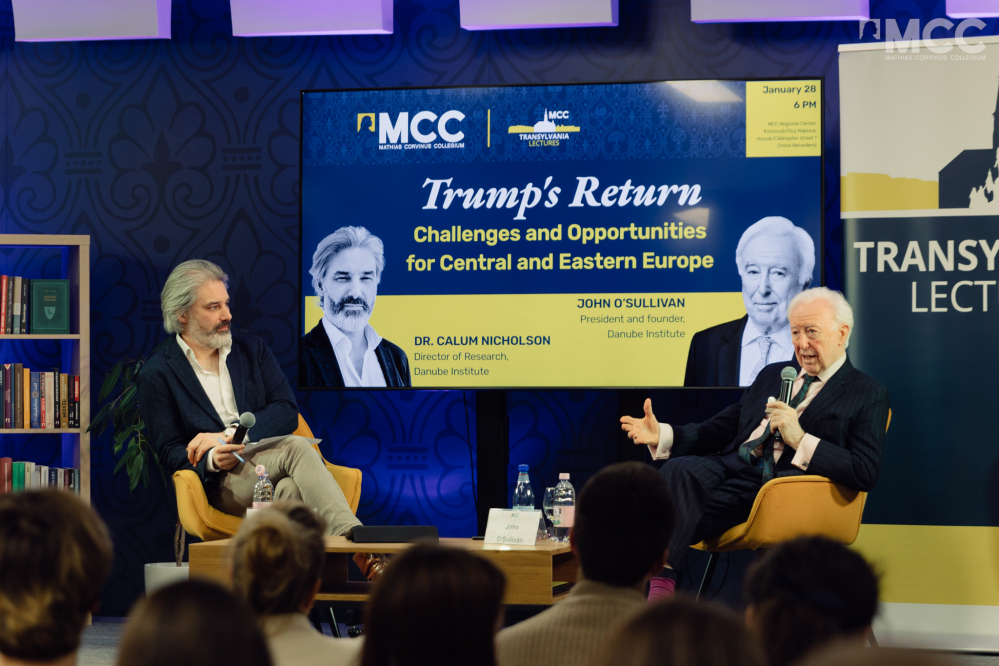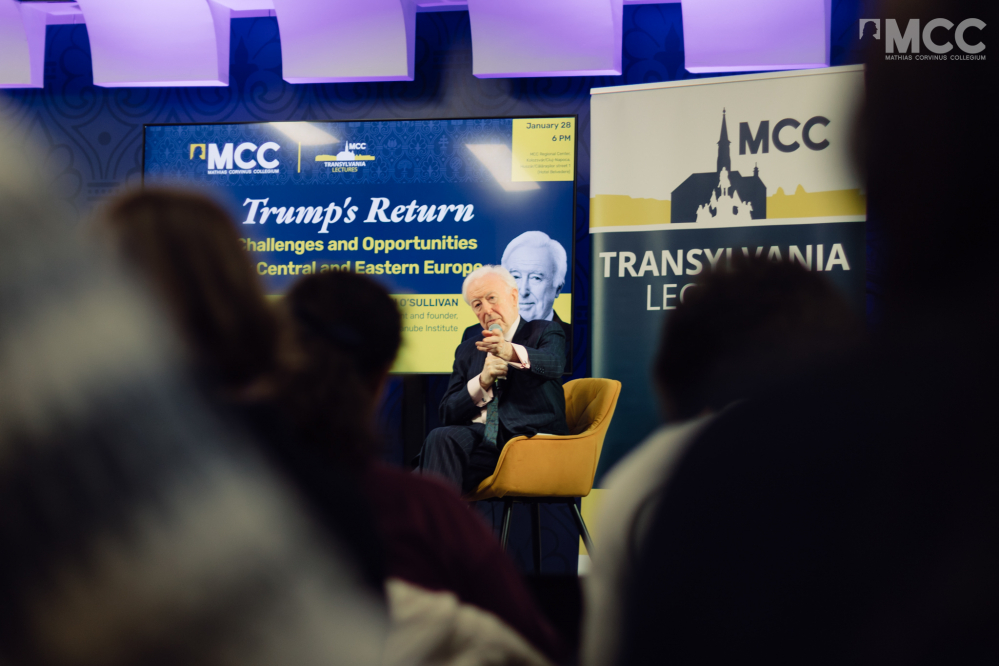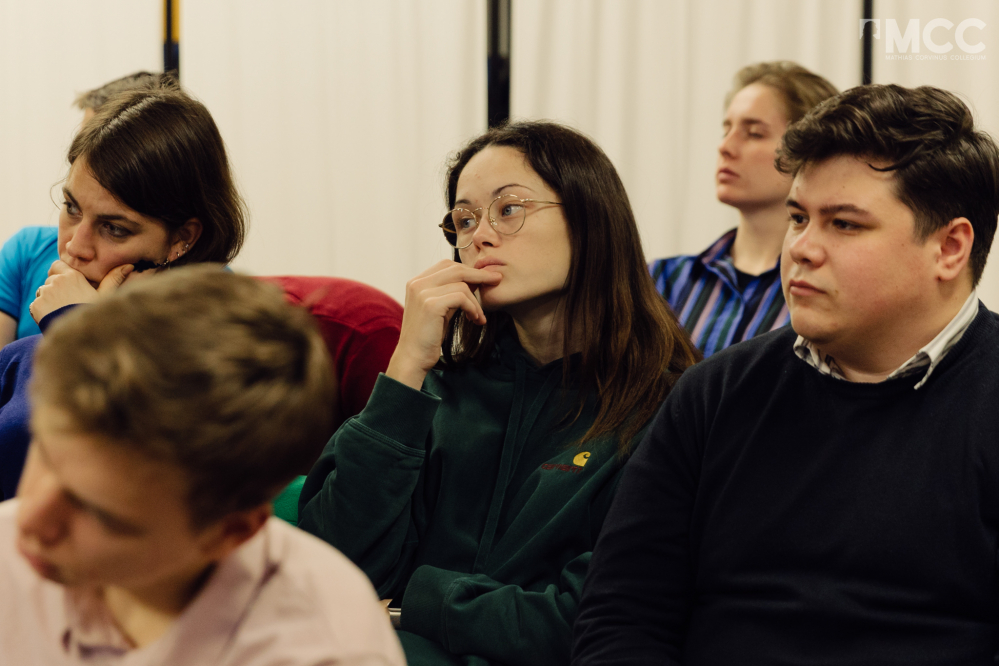Reading time: 4 minutes
Donald Trump’s reelection has not only reshaped American politics but has also sent ripples through the Western world, exacerbating existing crises and exposing deep political fault lines. As John O’Sullivan outlined at the latest Transylvania Lectures discussion, Trump’s return to power symbolizes a broader shift—one that challenges long-standing political orthodoxies and current power structures.
The discussion titled ‘Trump's Return: Challenges and Opportunities for Central and Eastern Europe’ took place on 28th January at the Mathias Corvinus Collegium (MCC) Center in Kolozsvár/Cluj, as part of the Transylvania Lectures series. Our guest speakers were John O’Sullivan, president and founder of the Danube Institute in Budapest, editor of Quadrant Magazine, the Hungarian Review and National Review. His discussion partner was Dr Calum Nicholson, Director of Research at the Danube Institute.
A Victory Against All Odds
Despite facing what O’Sullivan described as “enormous obstacles,” Trump’s victory was decisive. “Trump not only won big, but he had to overcome enormous obstacles,” O’Sullivan remarked, listing media hostility, legal challenges, and internal Republican dissent among the hurdles the president faced. His success was not merely a continuation of his earlier base but a transformation of the Republican Party into a “multi-ethnic, multi-religious, majority-feeling coalition.” By aligning himself with figures like Elon Musk, Vivek Ramaswamy, and Tulsi Gabbard, Trump has given his movement an image of innovation and pragmatism.
Global Political Turmoil
O’Sullivan pointed out that Trump’s return to office comes at a time of unprecedented political instability across the Western world. “Since the election of Trump, yet even before he took office, political life throughout the Western world has been throwing up one political crisis after another,” he observed. He cited examples such as the collapse of Germany’s governing coalition, turmoil in French politics, the breakdown of traditional parties in Ireland, and election postponements in Romania over alleged fears of foreign influence.
European politics, in particular, has been marked by a growing discontent with establishment parties and institutions. From the rise of the AFD in Germany to the success of Marine Le Pen’s party in France, the populist wave first seen in 2014 has not subsided but has instead evolved into a full-blown challenge to the European Union’s political establishment. “Almost all of these recent upsets point to a weakening of the currently dominant European political orthodoxies and the rise of political challenges to them,” O’Sullivan noted.
A Battle Between Elites and Populists
O’Sullivan framed the current political struggle as a clash between “a revolutionary class of progressive new elites” and “a counter-revolutionary populist movement.” He listed key battlegrounds such as migration policy, national sovereignty, and cultural debates over gender and free speech. “Political attitudes as a result of this new political choice have become more polarized, more ideological, and more rooted in social discontent,” he said.
Trump’s return represents a direct challenge to these elites, particularly in his opposition to international governance structures. One of his early executive decisions—withdrawal from the World Health Organization—signifies a broader effort to reclaim national decision-making from unelected global institutions. “We will make these decisions inside America,” O’Sullivan quoted Trump, reflecting a broader skepticism toward supranational bodies.
The Evolution of Trump: From Entertainer to Statesman?
A key observation from the discussion was how Trump himself has evolved. Early in his political career, he was seen as a media-savvy entertainer leveraging his larger-than-life persona. Now, however, some observers detect a shift. “What I’ve noticed since he got shot is that he’s been much calmer and far less combative,” Calum Nicholson noted. If this version of Trump holds, he could emerge not just as a disruptor but as a transformative figure in global politics.
Trump’s reelection is not just a moment in American history but part of a broader political realignment across the West. Whether he will successfully cement his legacy as a world-historical figure remains to be seen. However, what is clear is that his influence extends far beyond U.S. borders, acting as both a catalyst and a symbol for the populist wave reshaping global politics. As O’Sullivan put it, “Trump may not be the phoenix, but he is the fire.”

